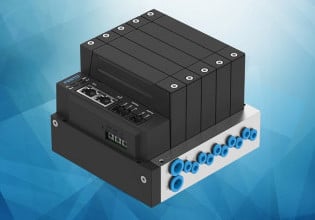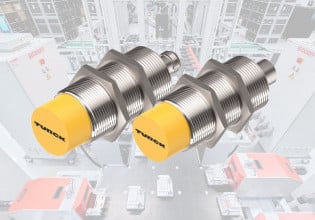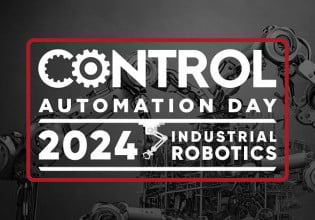T
I wanted to know whether TCP/IP on ethernet is the best?
And if there are other ways of implementing tcp/ip pls suggest and give the pros and cons..
Thank you
And if there are other ways of implementing tcp/ip pls suggest and give the pros and cons..
Thank you






